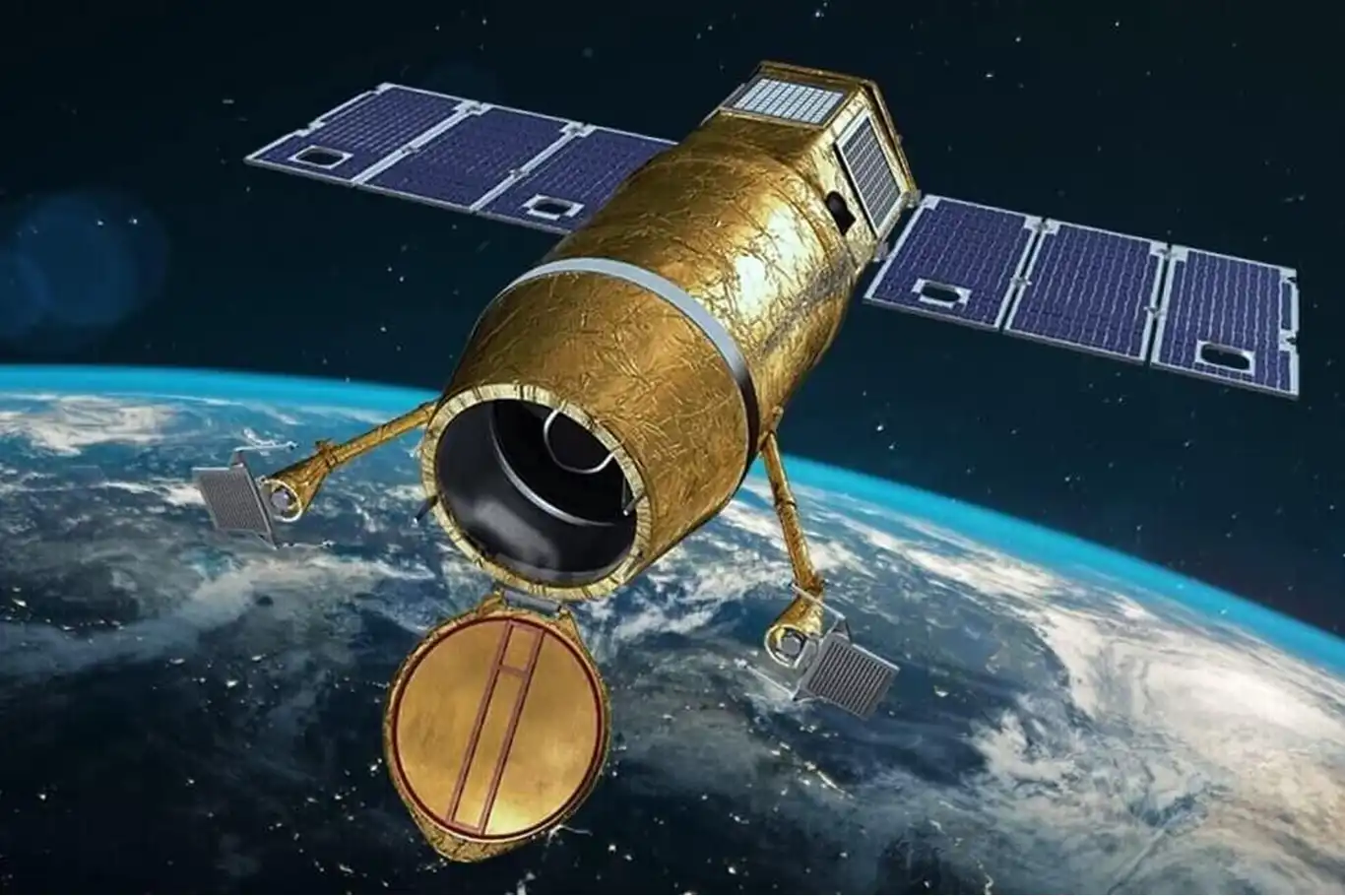Iran advances space program with 20 new satellites


Iran is developing around 20 new satellites through robust public-private cooperation, marking a transformative shift in the country’s space strategy.
Hassan Salarieh, head of the Iranian Space Agency (ISA), said the effort reflects the Islamic Republic’s growing emphasis on private sector leadership in space development. Speaking at the Iran International Innovation Zone in Pardis Technology Park, Salarieh highlighted that the new projects include satellites under the "Shahid Soleimani" constellation — a key element in Iran’s evolving space infrastructure.
“This level of private sector engagement was unthinkable just a few years ago,” Salarieh noted, emphasizing that private companies now play a central role in Iran’s satellite manufacturing and deployment, once the exclusive domain of government institutions.
To further incentivize innovation, the ISA has introduced a guaranteed purchase program for satellite imagery generated by domestically built satellites. Under this program, private firms take the lead in design and operation, while the agency guarantees long-term data procurement contracts, ensuring commercial viability for private investments.
The initiative is part of Iran’s broader strategy under its Comprehensive Space Development Document, which prioritizes technological self-sufficiency, commercialization of space services, and strategic autonomy in orbit.
“Private sector involvement is no longer optional — it is a national necessity,” Salarieh said.
Iran’s space program — often viewed as a symbol of technological resistance against Western sanctions — is now seeking a new trajectory based on domestic innovation and international competitiveness. By involving private firms and research-driven startups, Iranian authorities hope to accelerate launch schedules, reduce dependency on foreign components, and expand the country’s footprint in the space economy.
The ISA’s push is expected to further position Iran among the emerging space powers in the Middle East and beyond, as it continues to invest in dual-use technologies, national security infrastructure, and Earth observation capabilities.
“We must move faster,” Salarieh concluded. “If we want to remain relevant in the global space race, the only path forward is one paved with innovation, agility, and broad-based cooperation.” (ILKHA)
LEGAL WARNING: All rights of the published news, photos and videos are reserved by İlke Haber Ajansı Basın Yayın San. Trade A.Ş. Under no circumstances can all or part of the news, photos and videos be used without a written contract or subscription.
Türkiye is set to mark a historic milestone in its space program with the official commissioning of Türksat 6A, the nation's first domestically produced communication satellite, today at 1 p.m. local time (11 a.m. GMT).
Researchers at Shanghai-based Fudan University have developed the fastest known semiconductor charge storage device, capable of achieving a record-setting programming speed of 400 picoseconds — equivalent to 25 billion operations per second.
China marked a milestone in its space program early Tuesday with the successful launch of a new set of internet technology test satellites from the Jiuquan Satellite Launch Center in the Gobi Desert.
Chinese scientists have unveiled a groundbreaking spy camera that can identify individual faces from space, marking a significant leap in surveillance technology and raising urgent concerns about global privacy and security.